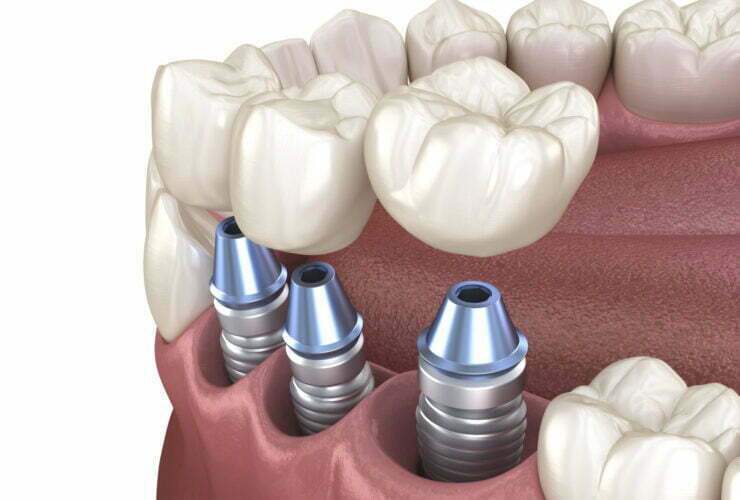Are your workouts breaking your teeth?
The hidden dental risks of lifting heavy and how to protect your jaw from the grind
When we think about fitness, we usually think of building muscles, stamina, weight-loss and clean eating.
But did you know it could also be damaging your teeth?
Surprisingly, we are seeing an increasing number of fitness-focused patients with worn enamel, cracked molars, and jaw ache and tension headaches. The cause isn’t supplements, DOMS or lack of creatine and electrolytes, but rather something far less obvious: bruxism, the dental term for grinding or clenching your teeth.
Bruxism is the unconscious clenching or grinding of teeth outside of our normal function, either during the day or at nighttime.
And here’s where the gym comes in.
Many gym-goers unknowingly grit their teeth during intense lifts or high-stress workouts. Lifting heavy weights particularly causes people to not only brace their core, but their jaws too. Although this helps provide stability, it puts an incredible amount of pressure on teeth and jaw joints.
A recent UK survey found that more than 80 percent of regular gym-goers clench their jaws during lifting sessions, yet only a fraction are consciously aware of it. Over time, this repeated pressure, known in dentistry as occlusal loading, can have a serious impact.
Tooth Wear, Fractures, and Jaw Pain: The Real-Life Risks
When you clamp your jaw while pushing to reach a personal best, you can exert well over 1,000 newtons of force through your teeth — that’s equivalent to more than 100 kilograms of pressure through your back teeth.
Over time, this pressure can cause enamel erosion, tooth sensitivity, hairline fractures, or even full tooth breakage.
You might not of heard of the incident with Robert Herbst, an 18-time powerlifting world champion, who had a molar break mid-lift due to intense clenching. The damage required a surgical bone graft and a dental implant!
Even less dramatic cases can still be problematic. Many lifters experience chronic jaw pain, frequent headaches, and tightness in the neck and shoulders. These symptoms are often signs of temporomandibular joint disorders, or TMD, caused by excessive strain on the jaw joint.
How do I recover my jaw muscles?
Give your jaw a break. During peak periods of discomfort, avoid hard or chewy foods and focus on massaging the muscles around your cheeks, ears and temples as well as applying hot and cold compresses. Your dentist or doctor may also recommend applying anti-inflammatory muscle gels, such as ibuprofen gel, to help with pain.
The Mouthguard Advantage: Protection and Performance
So, what can be done to prevent this kind of damage? While you might immediately picture a bulky, boil-and-bite guard from high school sports, we can offer something more advanced. A custom-made mouthguard, professionally fitted, not only protects your teeth but may also improve performance.
A 2023 UK-based study found that participants who clenched their jaws while wearing a mouthguard during upper body exercises showed increased muscle activation and strength. This effect, known as concurrent activation potentiation, means that engaging the jaw can actually enhance performance in other muscle groups.
In short, the right mouthguard could help you lift heavier while protecting your teeth at the same time.
Are You Grinding? Here’s What to Look For
Bruxism isn’t always easy to detect, but there are a few signs that may indicate a problem:
- Jaw pain or stiffness, especially after training
- Tooth sensitivity with no clear cause
- Morning headaches
- Neck & Trap stiffness without clear cause
- Clicking or popping sounds in the jaw
- Worn, flattened, or chipped teeth
If any of these symptoms sound familiar, it’s time to visit your dentist. Early examination and simple preventive measures can make a significant difference.
You may not think about your teeth when designing your training program, but your jaw plays a critical role in stability, posture, and even upper-body strength. Protecting it is just as important as looking after your knees, shoulders, or back.
To sum it up, if you’re serious about your training, it is time to get serious about your dental health too. Investing in a properly fitted mouthguard, being aware of jaw clenching habits, and taking action at the first sign of symptoms could help you lift longer, perform better and protect your teeth from painful damage.



